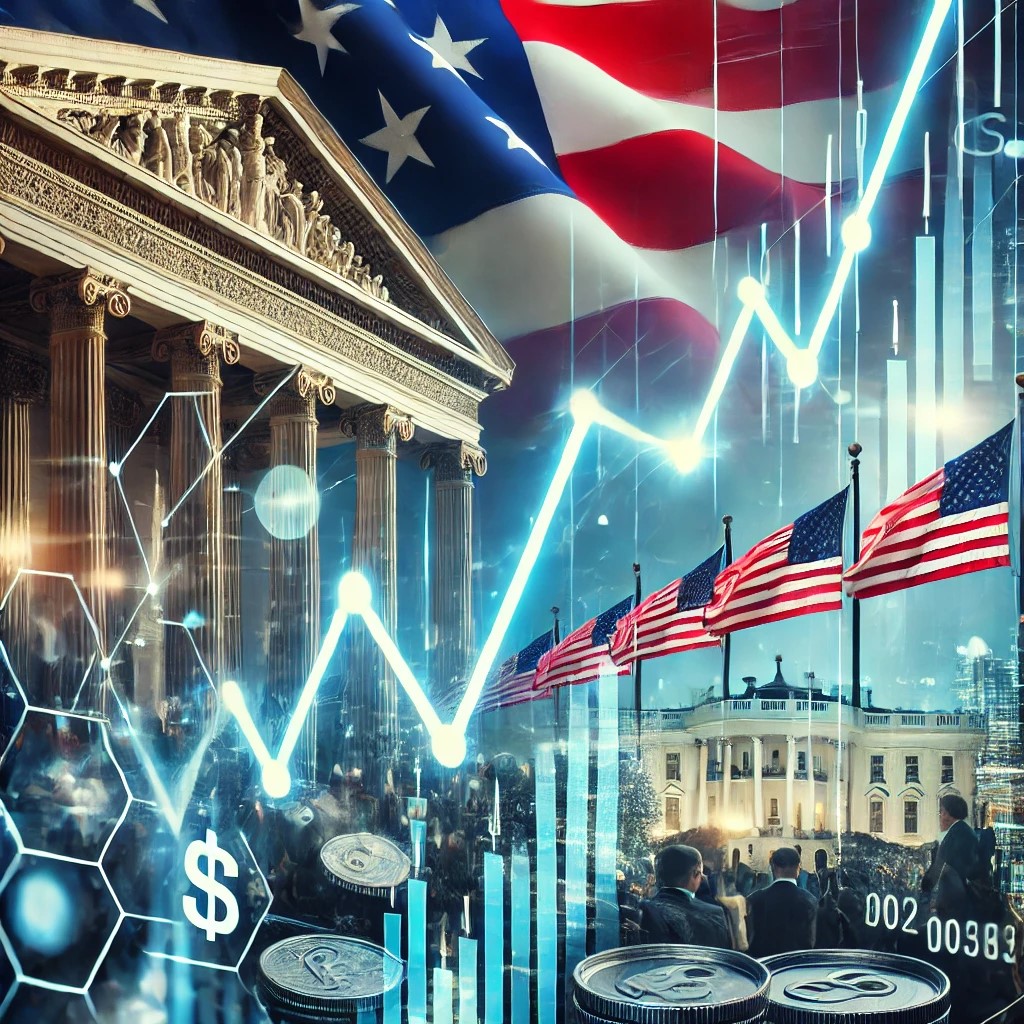Political instability can have profound and far-reaching impacts on financial markets. When political environments become uncertain, investor confidence wanes, leading to volatility and potentially significant market movements. This article explores current trends in how political instability affects financial markets and offers future predictions, highlighting the interconnectedness of politics and finance.

Current Trends
Market Volatility: Political instability often leads to increased market volatility. Uncertainty surrounding government policies, elections, or geopolitical tensions can cause sharp fluctuations in stock prices, currency values, and bond yields. For instance, events such as Brexit and the US-China trade war have led to periods of significant market turbulence.
Capital Flight: In politically unstable regions, there is often a phenomenon known as capital flight, where investors withdraw their capital from the country to seek safer investments elsewhere. This outflow of capital can weaken the local currency, increase inflation, and lead to higher interest rates, further destabilizing the economy.
Commodity Prices: Political instability in key commodity-producing regions can disrupt supply chains and affect global commodity prices. For example, political unrest in oil-producing countries can lead to fluctuations in oil prices, impacting various sectors worldwide, from transportation to manufacturing.

Future Predictions
Enhanced Risk Management Strategies: Financial institutions and investors will continue to develop and refine risk management strategies to navigate political instability. This includes diversifying portfolios across different regions and asset classes, using hedging instruments, and closely monitoring political developments.
Rise of Political Risk Insurance: The demand for political risk insurance is likely to grow. This insurance protects investors against losses resulting from political events such as expropriation, political violence, and currency inconvertibility. By mitigating these risks, investors may feel more confident investing in politically unstable regions.
Increased Use of Technology: Advancements in technology, particularly in data analytics and artificial intelligence, will enable better assessment and prediction of political risks. Investors will use these tools to analyze large volumes of data and identify potential political developments that could impact financial markets.

Shift Towards Sustainable Investments: As political instability often correlates with social unrest and environmental degradation, there will be a growing focus on sustainable investments. Investors will prioritize ESG (Environmental, Social, and Governance) criteria to mitigate risks associated with political instability and promote long-term stability.
Global Regulatory Coordination: Future efforts to mitigate the impact of political instability on financial markets may involve increased global regulatory coordination. International organizations and regulatory bodies will work together to establish frameworks that enhance market stability and protect investors in times of political turmoil.
Conclusion
Political instability significantly impacts financial markets, leading to increased volatility, capital flight, reduced foreign direct investment, and fluctuating commodity prices. Current trends indicate that investors are becoming more sophisticated in managing these risks through diversification, hedging, and political risk insurance. Looking ahead, technological advancements, a focus on sustainable investments, and global regulatory coordination will further shape how financial markets respond to political instability. By understanding and anticipating these dynamics, investors and financial institutions can better navigate the complexities of a politically unstable world and protect their financial interests.





